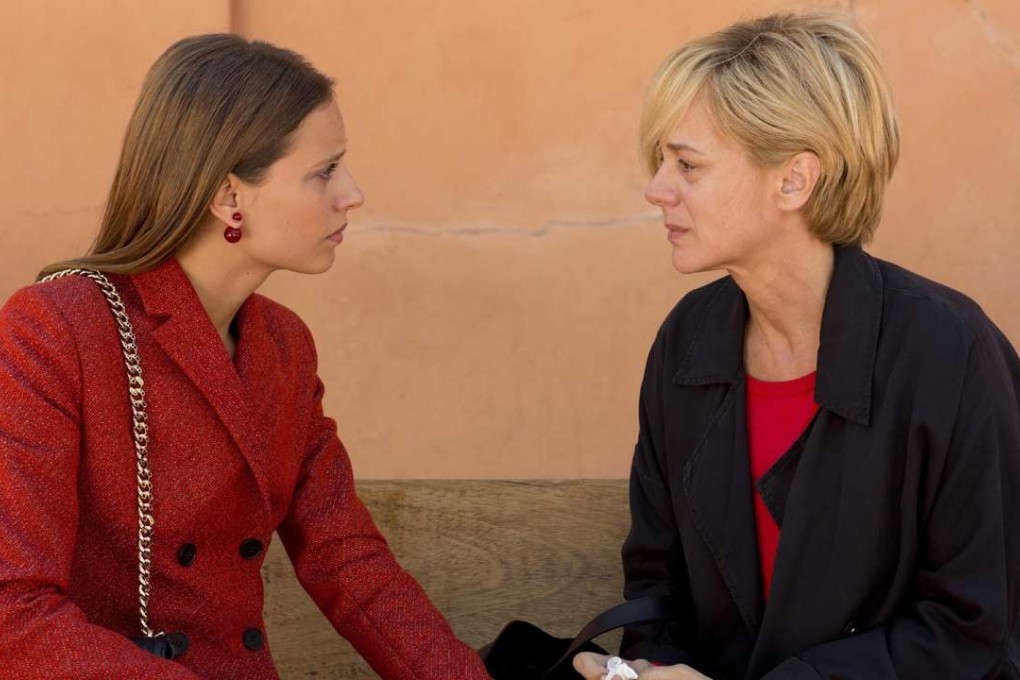Best of Cannes 2016: Almodóvar, Jarmusch, Toni Erdmann, and Loach’s heartbreaker
From Sean Penn’s awful The Last Face to a disappointing Dardenne brothers offering, a divisive take on fashion and some perverse jury choices, our man in Cannes reflects on the festival’s hits and misses

This year’s Cannes Film Festival began with the threat of rain, fears of a terrorist attack and a rather mediocre Woody Allen film, Café Society, as the curtain-raiser. Fortunately, it was not a sign of things to come for the festival’s 69th edition. The sun shone, the festival passed without incident (off-screen, anyway) and Allen’s insipid love letter to 1930s Hollywood, starring Jesse Eisenberg, was soon forgotten as an impressive array of films unspooled.
It turned out to be a particularly good year for the British. Ken Loach joined the likes of Francis Ford Coppola and the Dardenne brothers as a two-time winner of the prestigious Palme d’Or with I, Daniel Blake.

A previous winner with 2006’s Irish historical drama The Wind That Shakes the Barley, Loach’s latest was respectfully reviewed, though never seemed a favourite for the top prize as it felt like terrain the 79-year-old director has trodden many times before.
Yet there can be no denying the sheer raw power of this contemporary tale about a Newcastle-based carpenter (Dave Johns) navigating the labyrinthine British welfare state to claim sickness benefit after a recovering from a heart attack. Scripted by Loach regular Paul Laverty, it’s a heartbreaking study of humiliation, human dignity and the desperation that envelops people living below the breadline. One scene, set in a food bank, is the sort that haunts you forever.